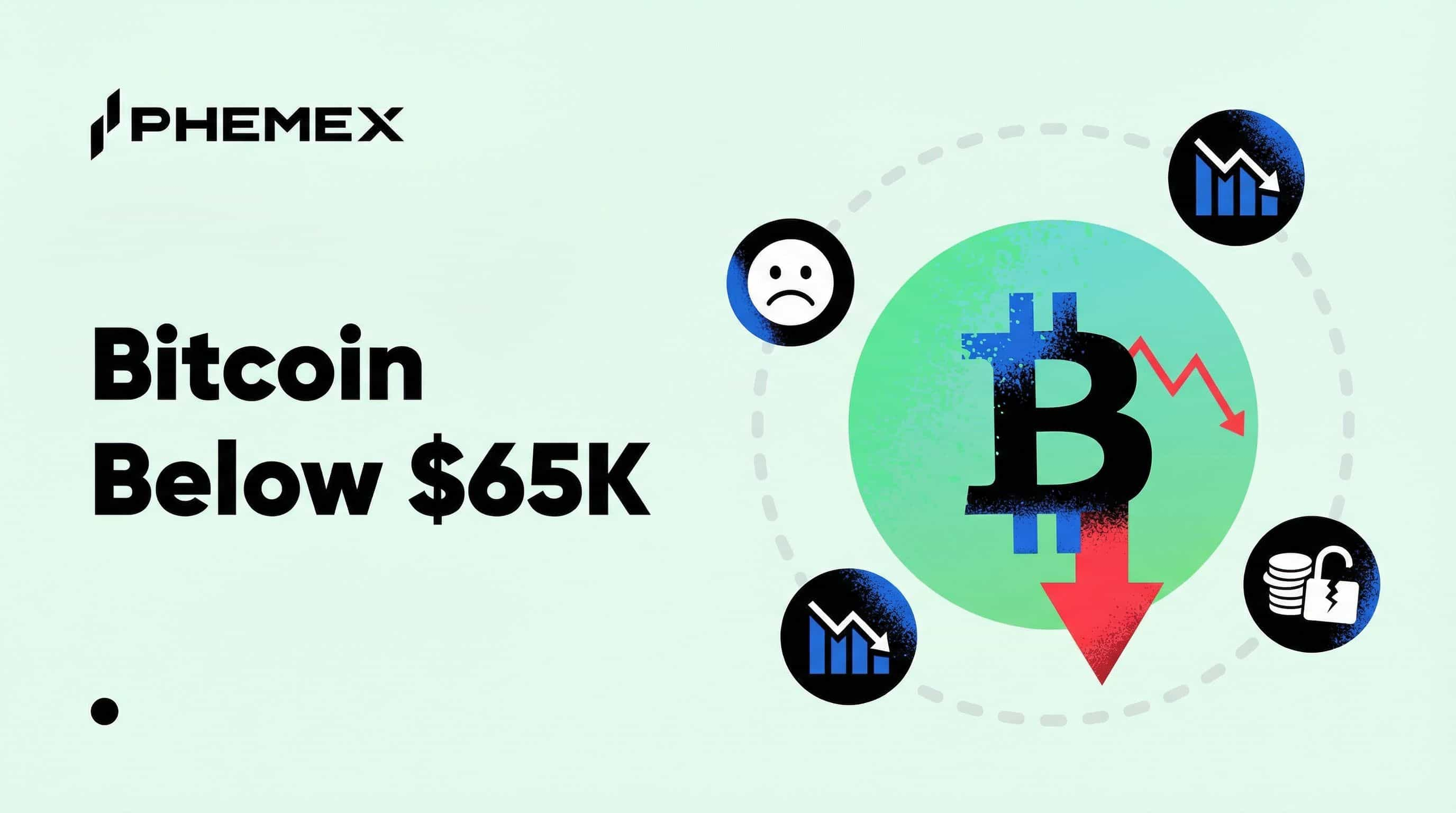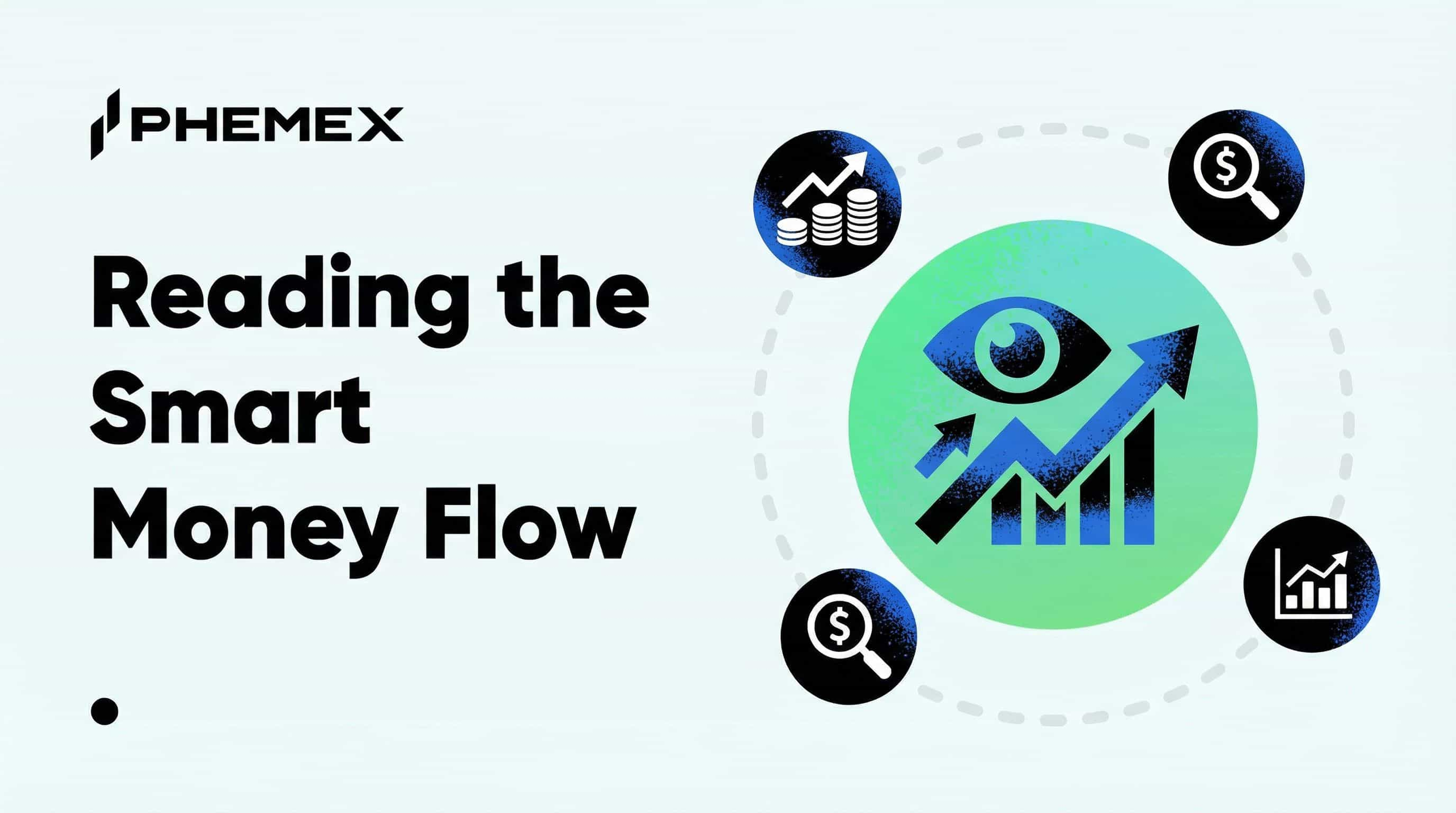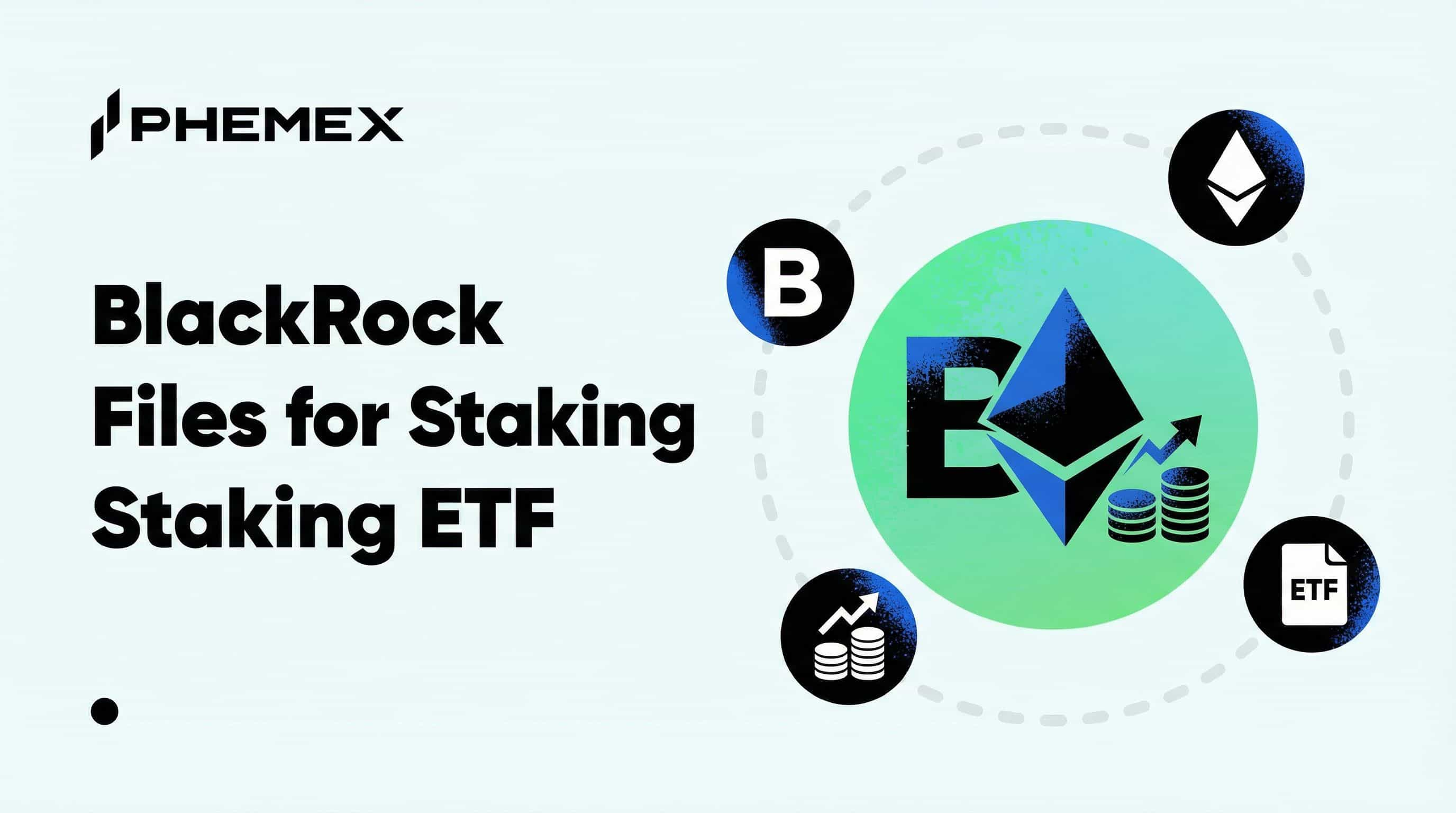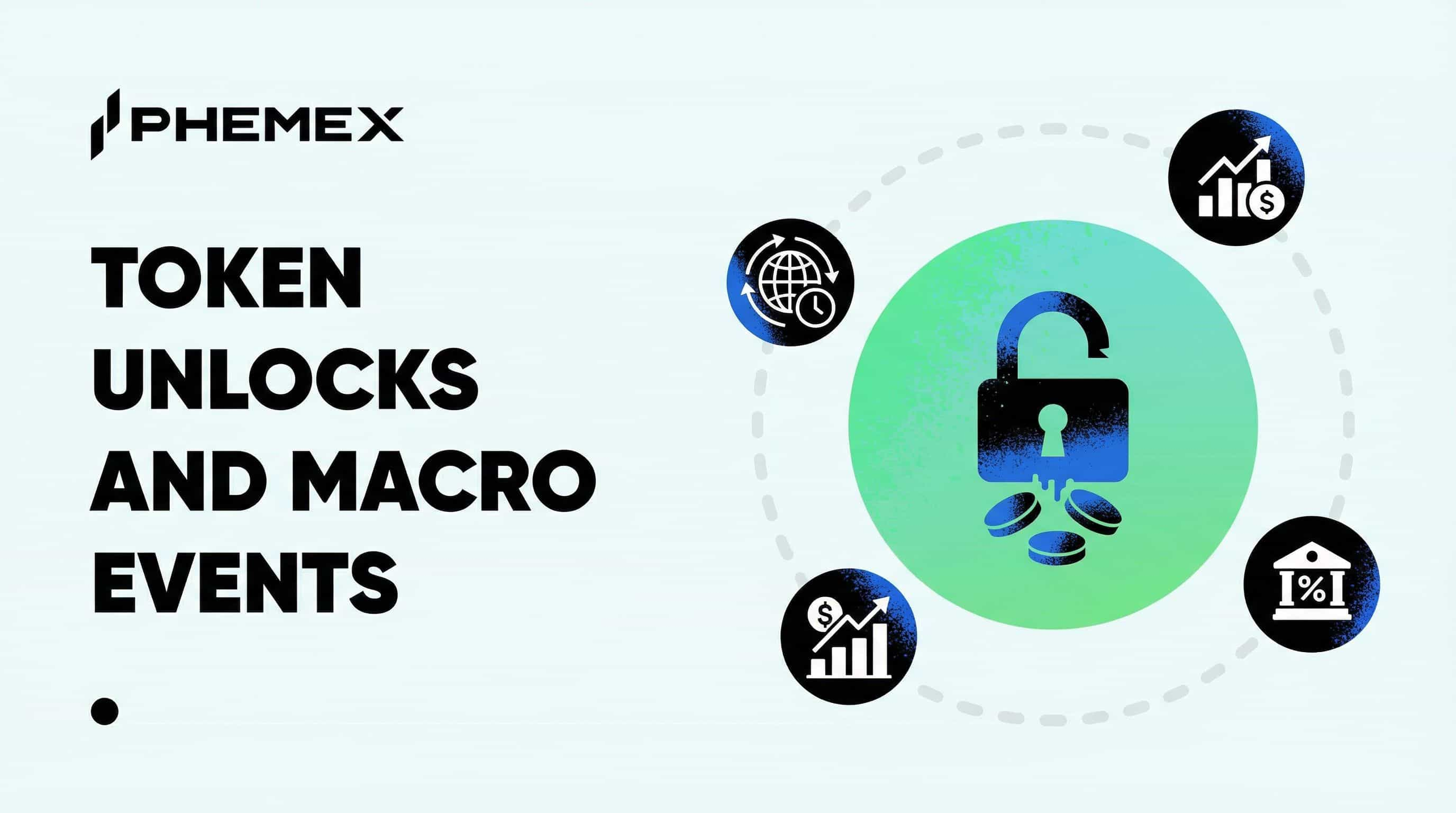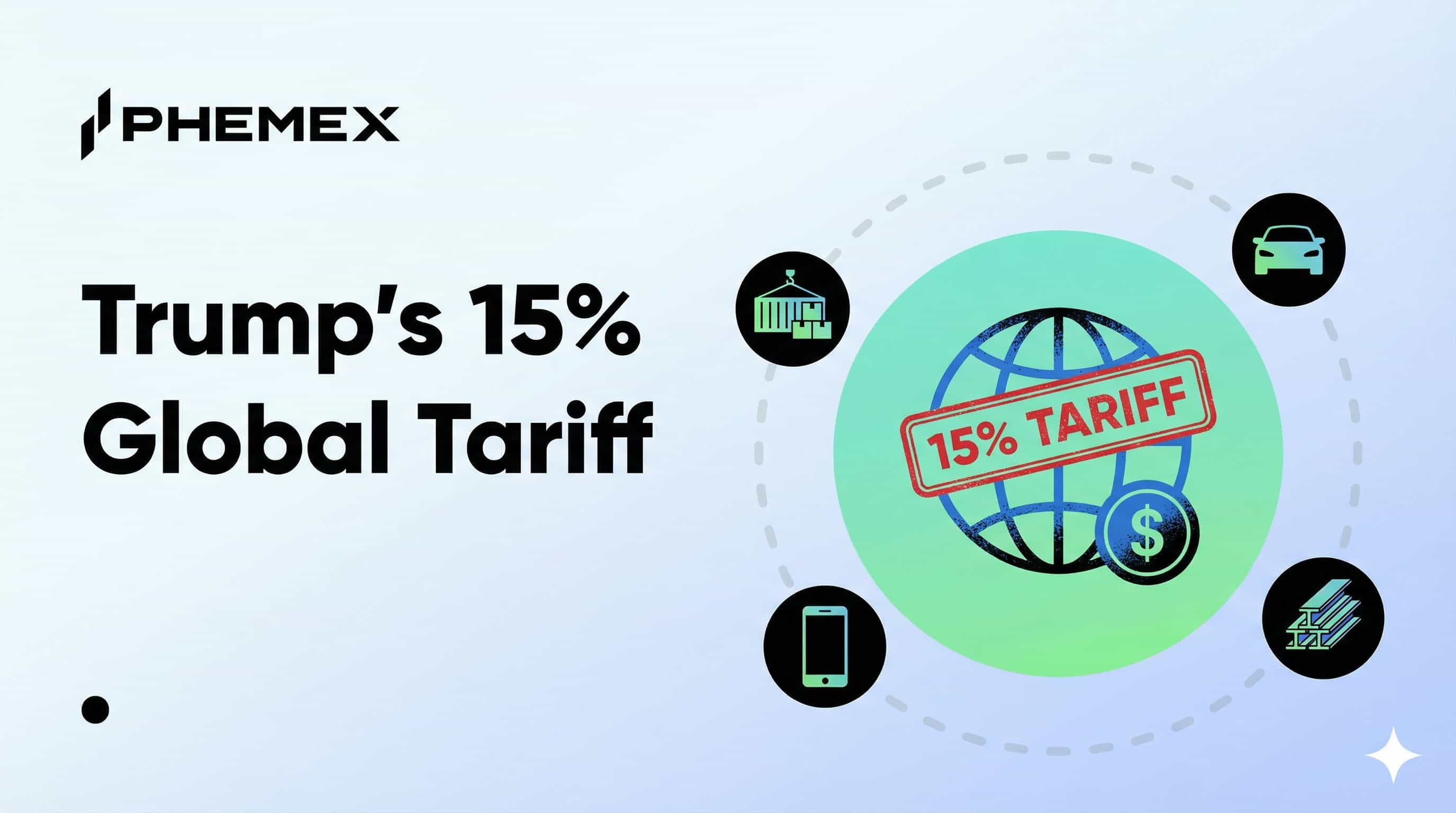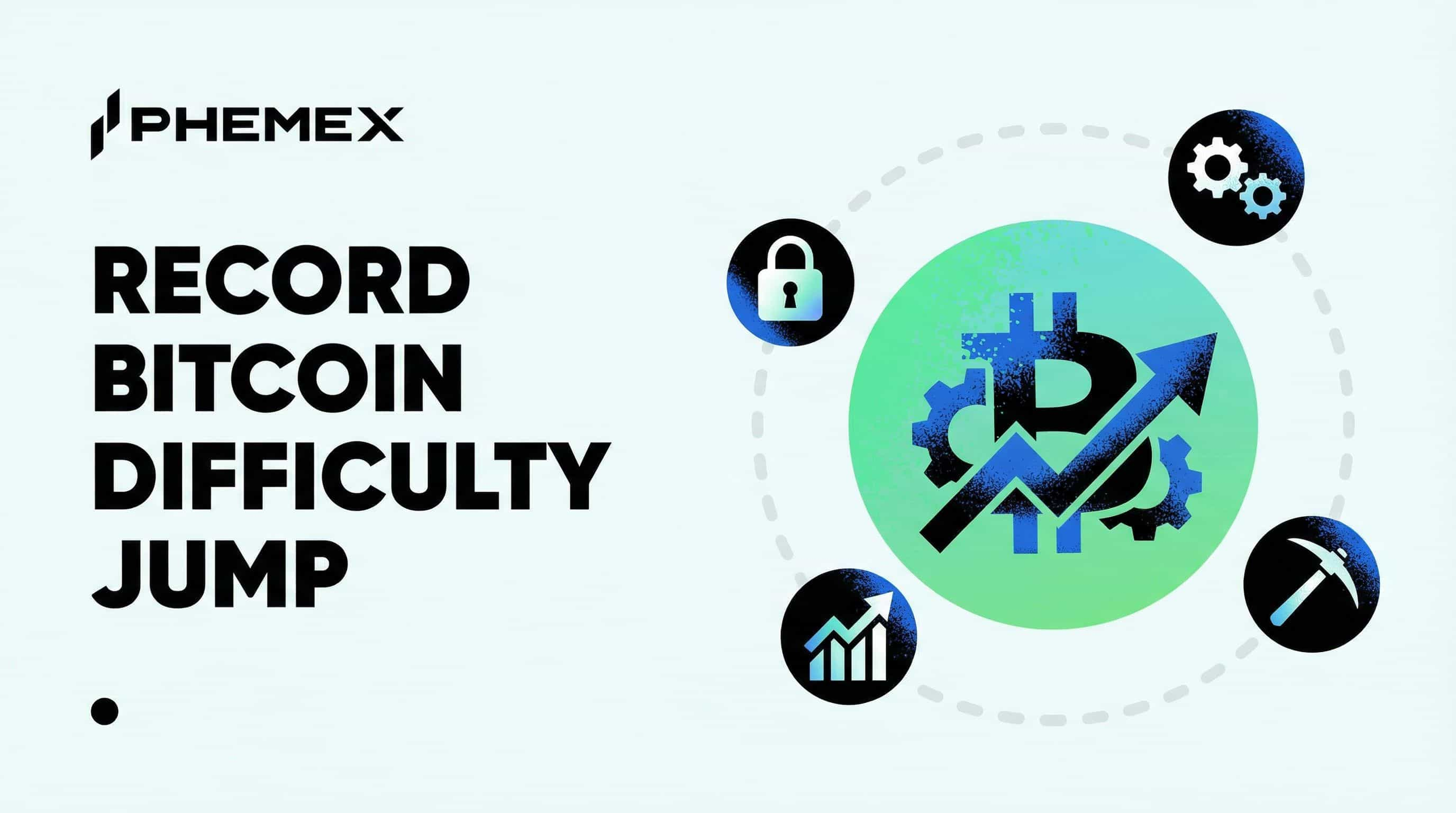Money laundering is the attempt to make money earned from criminal activities look legal. Money laundering in crypto follows the same patterns as it does for cash. Typically, the money laundering process is broken down into three layers.

How Does Money Laundering Work?
The first layer is the placement process where the illegal money is placed into the financial system. The second layer is the hiding process, which seeks to conceal the illegal money that was placed into the financial system. The third layer is the integration process, where the illegal money is withdrawn and used for ordinary purposes, which integrates the money fully into the financial system.
How Is Money Laundering Possible In Crypto?
Crypto money launders heavily employ crypto tumblers/mixers to conceal their illegal money. One common characteristic of cryptocurrencies is they lack privacy. This is because transaction information is publicly available on the blockchain. Therefore, crypto tumblers/mixers are used to hide illegal money.
The tumbler/mixer receives the money (it may not even know if the money was acquired through illegal means or not) then breaks it down into smaller amounts while mixing the original coins with different coins.
Where Is Money laundering In Crypto Taking Place?
According to CipherTrace’s anti-money laundering report, DeFi is now the major focus of criminal activity whether it be fraud, hacking, money laundering, or some other criminal activity. The shift to DeFi largely seems to be because of improved security measures now taken by exchanges. For example, exchanges have tightened the verification processes for new accounts and anti-money laundering (AML) protocols. Furthermore, law enforcement agencies are now more well-informed and well-equipped to deal with criminal activity related to cryptocurrencies.
What Makes DeFi A Target For Money Laundering In Crypto?
Thus, with DeFi’s relative newness it has become vulnerable to criminal activity for a number of reasons. First, some DeFi protocols have inadequate security in place. Second, due to their decentralized nature, DeFi applications struggle with activity oversight on their platforms.
How To Prevent Money Laundering In Cryptocurrency?
An AML Process
Money laundering can be prevented by installing certain verification processes and anti-money laundering (AML) protocols. Here’s an example of an AML process taken from FINRA, which is a US government-authorized organization that deals with anti-money laundering. This example is relevant because of the push to regulate cryptocurrencies similarly to banks (as shown with the recent FATF updated guidelines), and thus it demonstrates what one can expect from an AML process.
- The program has to be approved in writing by a senior manager
- It must be reasonably designed to ensure the firm detects and reports suspicious activity
- It must be reasonably designed to achieve compliance with the AML rules, including among others, having a risk-based customer identification program (CIP) that enables the firm to form a reasonable belief that it knows the true identity of its customers.
- It must be independently tested to ensure proper implementation of the program.
- Each FINRA member firm must submit contact information for its AML Compliance Officer through the FINRA Contact System (FCS).
- Ongoing training must be provided to appropriate personnel.
- The program must include appropriate risk-based procedures for conducting ongoing customer due diligence, including (i) understanding the nature and purpose of customer relationships for the purpose of developing a customer risk profile; and (ii) conducting ongoing monitoring to identify and report suspicious transactions and, on a risk basis, to maintain and update customer information, including information regarding the beneficial owners of legal entity customers.
What Is The Financial Action Task Force (FATF)?
The FATF is a global money laundering and terrorist financial watchdog. They are an inter-governmental body that sets international standards for preventing criminal activity. They have recently updated their guidance for firms that handle cryptocurrencies and virtual assets. According to CoinDes, “it appears designed to corral much of the nascent industry into the existing regulatory framework for banks.” The updated guidance focuses on six key areas:
- Clarification of the definitions of VA (Virtual Assets) and VASP (Virtual Asset Service Providers)
- Guidance on how FATF standards apply to stablecoins
- Additional guidance on the risks and the tools available to countries to address the ML/TF risks for peer-to-peer transactions
- Updated guidance on the licensing and registration of VASPs
- Additional guidance for the public and private sectors on the implementation of the “travel rule”
- Principles of information-sharing and cooperation amongst VASP supervisors
Conclusion
CipherTrace reported that overall criminal activity regarding cryptocurrencies has dropped when compared to earlier years. This naturally includes money laundering, which makes sense given the industry has improved its security measures, AML protocols, and verification process. In addition, law enforcement has become more aware, well-equipped, and strict when dealing with cryptocurrencies. Nevertheless, as the industry continues to expand and innovate, it must continue to maintain proper security measures in order to not become vulnerable to criminal activity.






